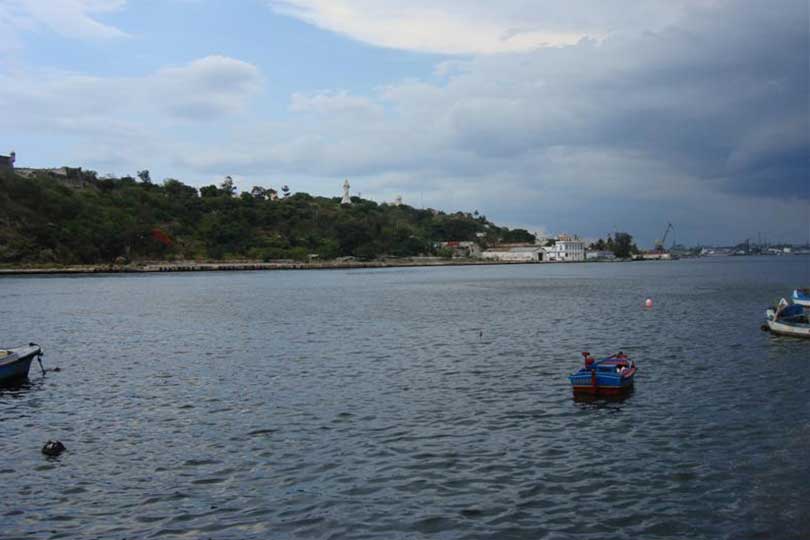Current U.S policies and financing restrictions on agricultural exports to Cuba are causing American farmers, ranchers and agribusinesses to lose their market share to other countries.
Rice, poultry, wheat, soy products and dairy products were Cuba’s top agricultural imports in 2015. There are significant opportunities for American agriculture if these trade barriers are lifted.
Financial restrictions imposed through the Trade Sanctions Reform and Export Enhancement Act (TSRA) of 2000 prohibits U.S. exporters from extending credit to Cuba’s agricultural importers. A limiting factor for trade is agricultural exports to Cuba can only be purchased in advance with cash before shipment of goods.
If Congress were to change U.S. policy on Cuban agricultural exports, U.S. exports would be more competitive and able to gain back its lost market share, according to a report from Engage Cuba for the U.S. Agriculture Coalition for Cuba (USACC). USACC is a coalition consisting of a range of agricultural commodity and farm member organizations.
TSRA also caused the U.S. to fall from its position as one of the top suppliers of agricultural products to Cuba’s number five supplier, according to data from the report.
American Farm Bureau Federation (AFBF) wrote official comments to the House Agriculture Committee for the hearing on American Agriculture Trade with Cuba in their support of Congress to remove these trade barriers.
“Real opportunities exist for increased sales of U.S. agricultural products to Cuba as growing demand is driven by 11 million Cubans and by increasing tourism,” AFBF wrote. “Yet, the U.S. has fallen from being the number one supplier of agricultural products to number five due to restrictions imposed on financing those sales.”
AFBF wrote that it is a critical time during the difficult economic climate to lift these financial restrictions and allow for American farmers and agribusinesses to expand agricultural exports to Cuba.
Committee Chairman Mike Conaway of Texas, who presided over the hearing, spoke in favor of lifting restrictions.
“I believe there lies an opportunity—albeit a rather narrow one—to make changes that will positively benefit both agricultural producers here at home while contributing to economic growth in Cuba,” Conaway said. “While I am very hopeful that we can find a path forward on expanding agricultural trade with Cuba, I remain firmly opposed to lifting the embargo or restrictions on travel,” said Conaway.
The National Association of Wheat Growers (NAWG) is among the groups pushing for the elimination of trade barriers with Cuba. NAWG submitted testimony before the committee.
“These restrictions put U.S. wheat farmers at a global disadvantage as other foreign competitors usurp market shares, offering more favorable credit terms,” said NAWG President Gordon Stoner. “It is important that NAWG continues to work with Congress to fight for American wheat growers’ right to fair market access.”
The NAWG says Cuba represents a large market for American wheat exports.

